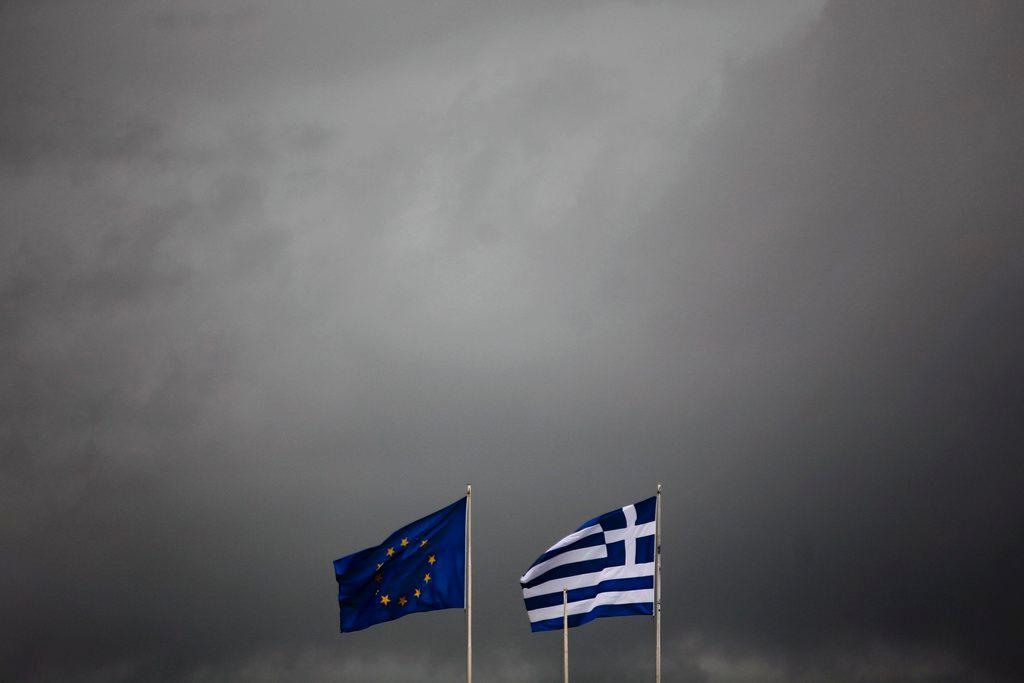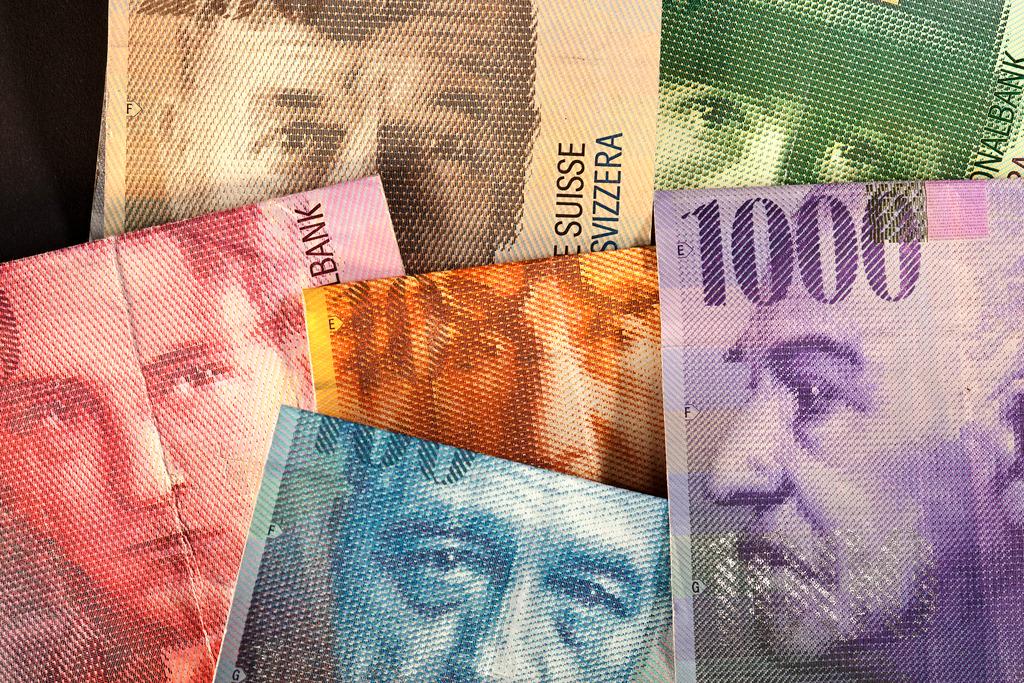SNB braced for rush on franc in event of Grexit

The Swiss National Bank (SNB) anticipates considerable market turbulence if Greece leaves the euro bloc and would fight a rush to buy already overvalued Swiss francs, says bank chairman Thomas Jordan.
“The Greek situation is weighing on financial markets. The uncertainty linked to Greece means the Swiss franc remains a safe-haven currency,” Jordan said at an event organised by the Swiss watch industry in Lausanne on Thursday.
The franc is facing upward pressure from ultra-loose monetary policy in the eurozone, where the debt crisis in Greece is reaching a decisive phase. The bank stopped trying to cap the franc’s value by intervening on the foreign exchange market in January.
Greece’s failure to reach a deal with creditors would likely intensify flows into the Swiss currency and spur more action by the SNB, which has sought to weaken the franc through negative benchmark interest rates and a charge on franc deposits.
“Our base case is that Greece remains in the euro. If Greece were to leave the euro, one would need to expect market turbulence,” Jordan said.
“It’s very difficult to predict. The SNB is watching very closely.”
‘Overvalued franc’
Jordan said he hoped the Federal Reserve raised US interest rates as soon as possible.
“The US central bank has said it is ready to raise, but it is observing the economy. Unfortunately it was much worse than expected in the first quarter,” he added.
At a policy meeting last week, the SNB kept its target range for three-month Libor rates at -1.25 to -0.25% and a charge on some cash deposits at 0.75%.
Both measures aim to discourage investors from parking money at the central bank and stem flight into the franc, whose exchange rate is the main focus of its monetary policy.
“The franc is considerably overvalued. Our current monetary policy is aimed at this difficult situation,” Jordan said.
‘Barren period’
In his remarks to the watchmaking sector, which accounts for 11% of Swiss exports, Jordan argued that lifting its cap on the franc, a move that drew sharp criticism from some exporters such as Swatch Group, was unavoidable.
The stronger franc is hitting Swiss economic growth, now expected at just under 1% this year, and thousands of jobs are at risk as companies slash costs.
“A certain barren period for the economy is unavoidable,” Jordan said.
The SNB chairman, who expects consumer prices to rise again in 2017 after contracting this year and next, said the SNB did not expect a sustained drop in prices or a deflationary spiral.
Watchmakers are particularly hit by the franc’s strength because their production is almost entirely based in western Switzerland’s Vallée de Joux.

In compliance with the JTI standards
More: SWI swissinfo.ch certified by the Journalism Trust Initiative




You can find an overview of ongoing debates with our journalists here. Please join us!
If you want to start a conversation about a topic raised in this article or want to report factual errors, email us at english@swissinfo.ch.